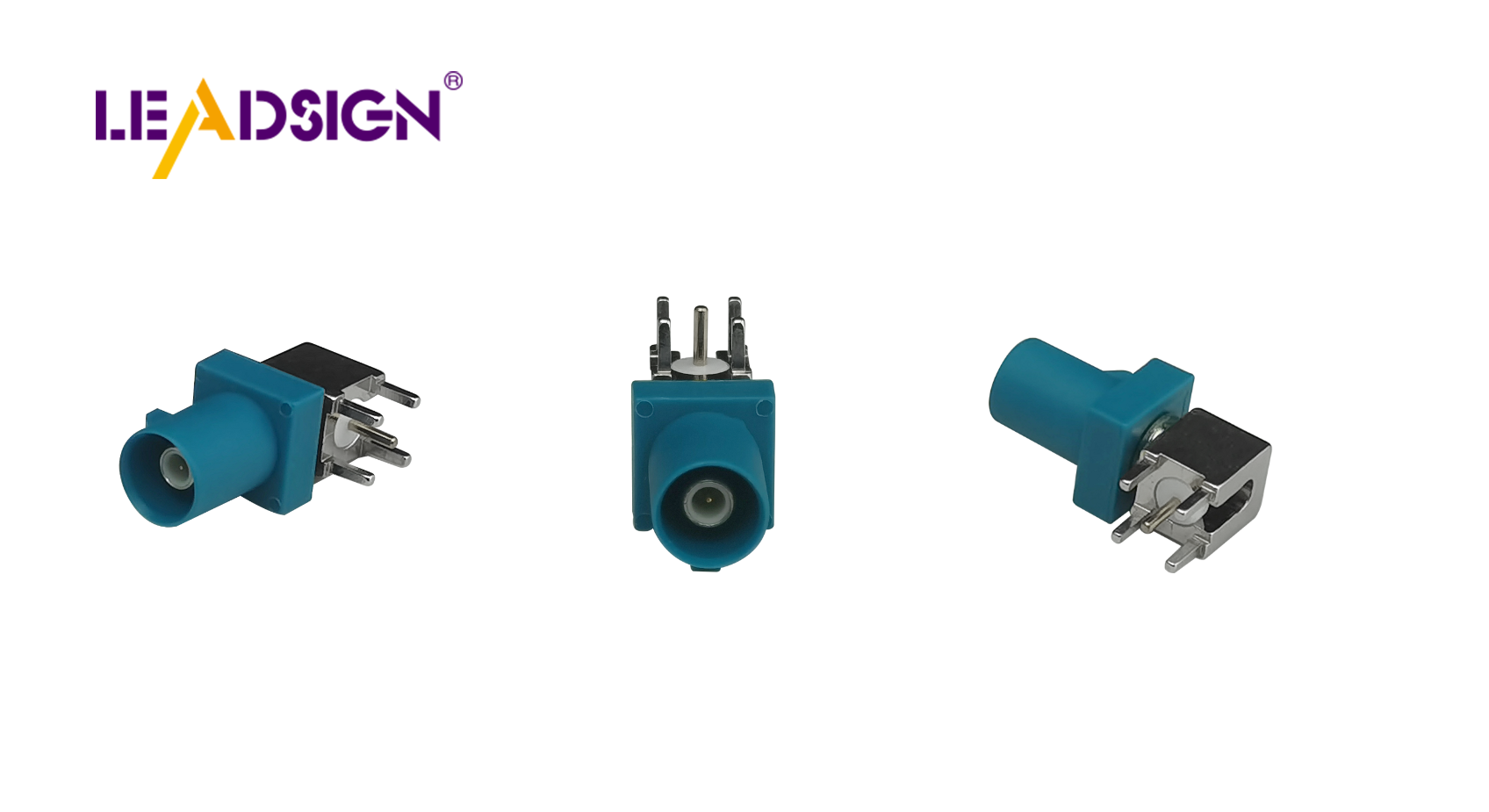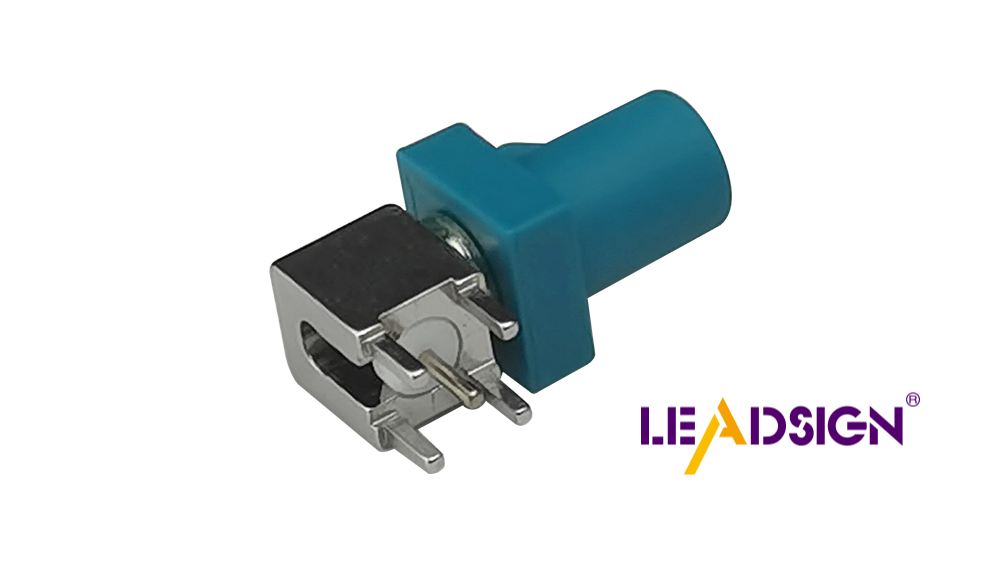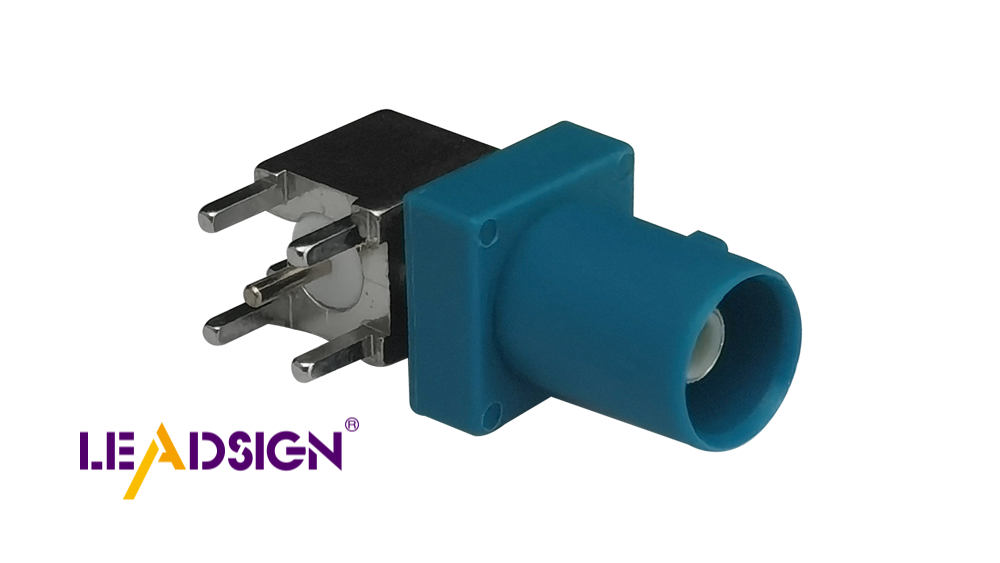How to Identify Automotive Wire Connectors Types for Repair

Selecting the appropriate automotive wire connectors types is crucial. During car repairs, you may encounter incorrect or damaged connectors. Identifying the correct types ensures safe and efficient repairs. Understanding these connector types helps prevent errors, keeping your vehicle in optimal condition.
Understanding Automotive Wire Connectors Types

When fixing cars, knowing wire connectors is important. Let's learn about some common ones.
Basic Parts of Wire Connectors
Knowing wire connector parts helps you spot them easily.
Terminals
Terminals are metal pieces that join wires. They make sure electricity flows well. You find them inside the connector cover. Check for rust or damage on terminals, as these can cause problems.
Housings
Housings are the outer covers that shield terminals. They come in different shapes and sizes. The housing holds terminals steady and stops harm. Notice color and shape to help identify the connector type.
Common Automotive Wire Connectors Types
Let's look at some usual car wire connectors you might see.
Blade Connectors
Blade connectors are flat and rectangle-shaped. You often see them in cars. They fit into a slot, making them easy to use. These connectors are handy for fast fixes.
Bullet Connectors
Bullet connectors are round-shaped. They fit tightly into a socket. Use them where strong connections matter most. Their design stops accidental unplugging.
Pin Connectors
Pin connectors have many pins fitting into holes. They're used in complex wiring systems often found where many links are needed. Align pins right to avoid breaking them.
By knowing these car wire connectors, you can choose wisely during repairs. This helps pick the right connector, keeping your car working well.
Identifying Connector Types

When fixing cars, finding the right wire connectors is important. Let's see how you can spot them easily.
Visual Identification Techniques
You can often tell connectors by looking at them. Here's how:
Color Coding
Colors give clues. Makers use colors to show different connector types. Match colors to find the right one fast. Watch for these color hints to make things easier.
Shape and Size
Connectors have different shapes and sizes. Some are flat, others round or pin-like. Check shape and size to know which connector you need. This helps avoid mistakes and ensures a good fit.
Using Tools for Identification
Sometimes eyes aren't enough; tools help identify connectors.
Multimeters
A multimeter is useful. It checks things like voltage and resistance. Use it to test if connectors meet needed specs. This tool confirms you've got the right one.
Connector Charts
Connector charts are like maps for connectors. They show types and features of connectors. Use these charts to compare what you have. This makes finding the exact match easier.
By learning these ways, you can find wire connector types confidently. This helps make repairs safe and keeps your car running well.
Things to Remember for Fixing Cars
When fixing cars, knowing the right wire connectors is important. Let's see what you need to know.
Matching and Details
Picking the right connector isn't just about looks. You need to think about a few key things.
Electricity Limits
First, check electricity limits. Every connector can handle only so much power. Using the wrong one can make it too hot or break. Always match the connector with your car's power needs.
Material Choices
Next, think about materials. Connectors are made from plastic or metal. Each has good points. Metal ones might carry electricity better. Pick what fits your repair place and needs.
Good Repair Tips
Doing repairs well means following some good tips. Here’s how you can do it right.
Making Sure Connections Are Tight
Make sure connections are tight. Loose ones can cause problems like short circuits. Double-check everything fits well. A tight fit keeps your car working nicely.
Avoiding Easy Mistakes
Avoid easy mistakes by being careful with details. Don’t rush fixing things. Take time to find the right wire connectors types for cars. Mistakes can lead to bigger problems later on.
By focusing on these things, you make sure your fixes work and are safe. Knowing wire connectors helps you choose smartly, keeping your car in great shape.
Let's review what you've learned about finding automotive wire connectors.
Main Methods: You've looked at color and shape clues. Tools like multimeters and charts help find the right connectors fast.
Safe Repairs: Using the right connectors makes repairs safe and easy. This keeps your car working well.
Keep Practicing: Practice these skills often. Use them in real repairs to get better and more confident. Happy fixing!
See Also
Exploring Ford Fakra Connectors: A Comprehensive Overview
Essential HSD Connectors in Automotive Technology
Navigating Fakra Connectors in Honda Cars

